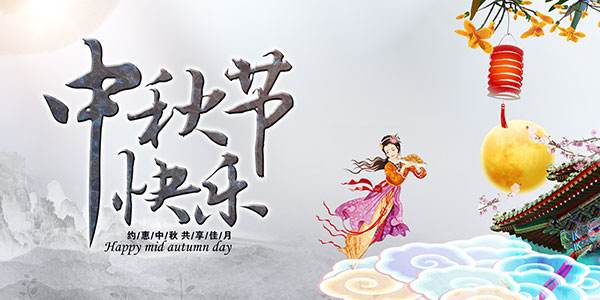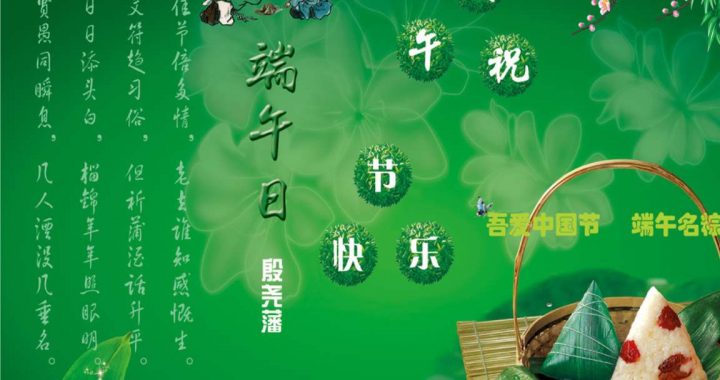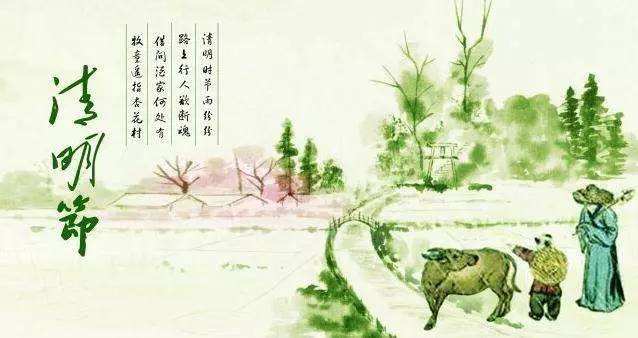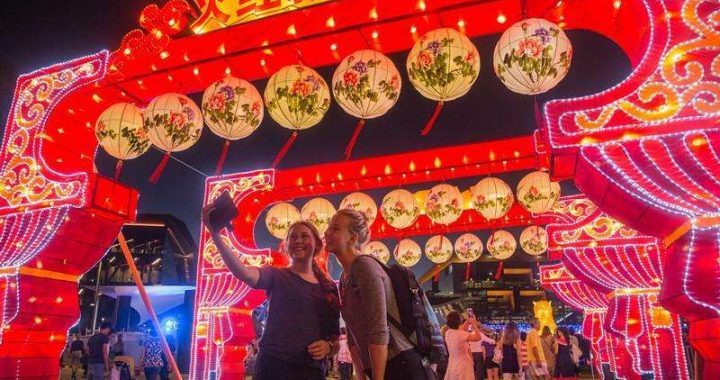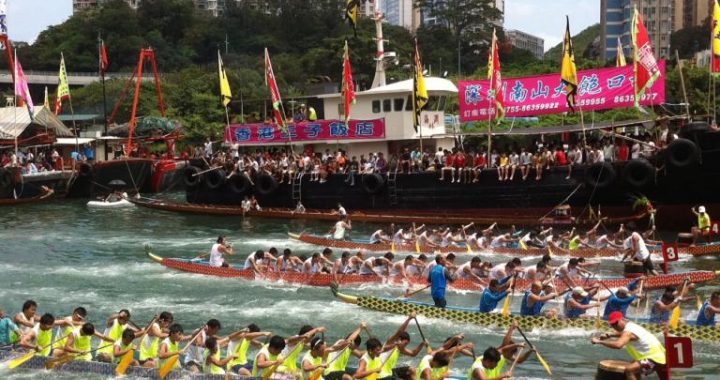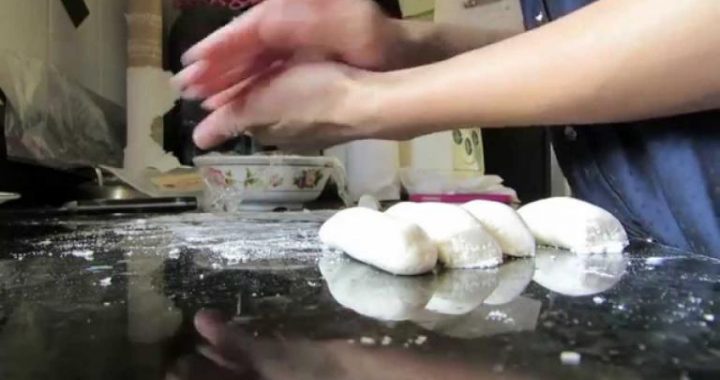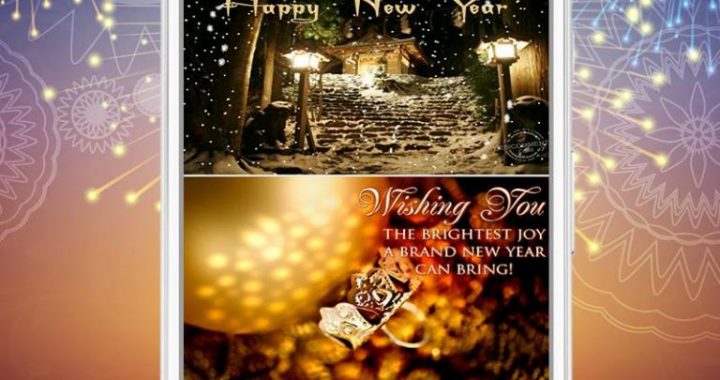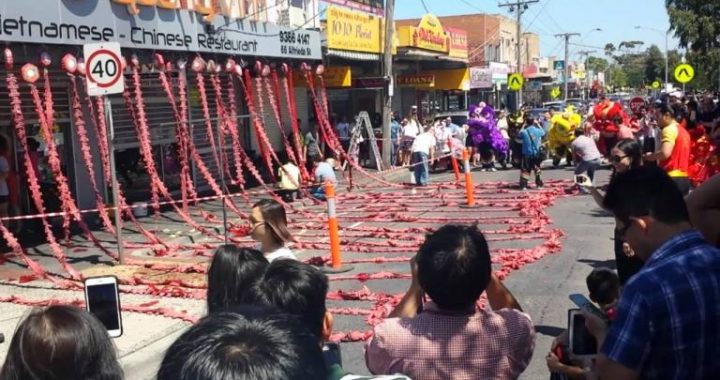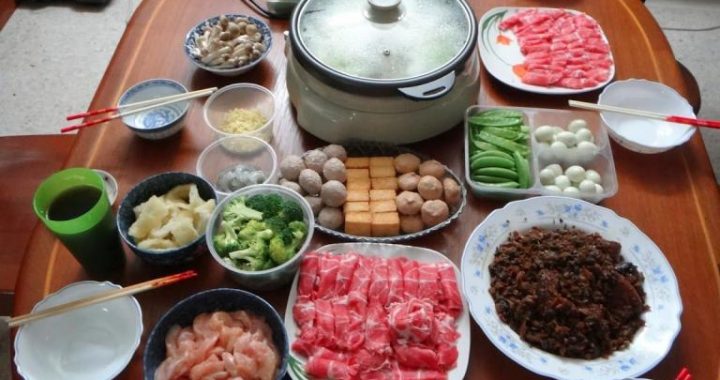Evolvement of the Festivals in the Splitting Period of Wei, Jin and Southern & Northern Dynasties
8 min readIn Wei, Jin and Southern & Northern dynasties, southern China and northern China were in a divisive situation for a long time. In the chaos caused by war, the political regime changed frequently. The families of traditional importance became very powerful. Culture and customs from different nationalities had great impact oneach other and blended with each other gradually. Besides the festivals inherited from previous time like Yuanzheng (the first day of the first month in lunar calendar), Spring Begins, Sheri, Shangsi, Summer Solstice and Winter Solstice, festivals in this period also included some festivals gestated from Han dynasty and prevailed in Wei and Jin dynasties such as Hanshi, Duanwu, Qixi, Chongyang festivals and some religious festivals like Buddha’s Birthday, Ulambana Festival, etc. The ceremony and activities in these festivals not only inherited that from Qin and Han dynasties but also revealed great contemporary social influence and features of the time.
Firstly, the turbulent society encouraged people to seize every opportunity to enjoy worldly pleasures. The traditionally important families’ pursuit of luxury became an order of the day and influenced people from all walks of life. Hence activities of festivals were transformed from amusing the deity to amusing human beings. The entertaining elements became the most important.

Secondly, as destiny was out of control for people in such a troubled time, both the ruling class and people from thebottom of society easily accepted religious beliefs. The development of religion had great impact on festival customs. And thirdly, the once isolated festivals for different nationalities and different places began to infiltrate into each other because of the merging of different nationalities. Customs from the south and the north met and influenced each other. Lastly, contemporary people especially the literates all strove to shake off the shackles of old custom and ceremony and to seek individuality and disengaged style, hence endowed the festivals in Wei and Jin with personage style.
1) The Entertaining Customs and Festival Ceremony Festivals in Han dynasty were in a vesture of religious mystery. Almost all festivals had the purpose of pleasingand amusing deity in a sublime atmosphere. In Wei, Jin andSouthern & Northern dynasties, along with the rise of theclass of official scholars who advocated a style of pure conversation on Taoism and material enjoyment, the festival customs also changed their sublimity to an easystyle. Especially in the Southern and Northern dynasties,the dread feeling of driving away ghost and evils faded whereas the pursuit of happiness was strengthened.
Shangsi Festival used to be a day when people went to near water to wash away their misfortune. In this period, it became a grand festival for people to celebrate. The original purpose of dispelling misfortune was replaced by amusing and entertaining themselves. The Third Day of the Third Month is about the end of spring when it was the best timefor people to do a spring outing and embrace nature. People were also fond of gathering near water and playing different games about water. In the northern part of China, where there were constant wars, people involved horse riding and shooting games into the festival celebration. While in southern China, where it was more peaceful and stabilized, people celebrated the festival with more singing and dancing performance.
Danuo was an ancient ceremony held in Lari to exorcise ghosts and the devil of plague. In the Northern.
Nuo Wu(a dance to exorcise ghosts)
dynasties the ceremony was carried out at the end of a year and some elements of Xianbei culture were added to its customs. In Northern Qi dynasty, Danuo ceremony carriedout by the court was not as serious or with politicalpurposes as before. It became a masked performance for gifted singers and dancers. Even the emperor would like to get up early and enjoy their performance. Exorcising ghosts and devils became a quillet and people considered the festival more as a day to entertain themselves than to please the deities.
Masks of nuo dance
In this period, many people in the large northern area believed that the Fifth Day of the Fifth Month was an evil day in the evil month when all venomous animals breed. So in Duanwu Festival, people spent the whole day with caution, being afraid of running into any fiend or evil ghost.
Therefore people have the custom of inserting wormwood in the gate, hanging peach incantations and five-color silk threads to avoid evil or plague. And it was a taboo to sun the mattress or to construct houses on this day. However, in the later period of the Southern and Northern dynasties,Duanwu Festival became a nice festival in which people may entertain themselves through customs like dragon boat race, eating zongzi (pyramid-shaped dumpling made ofglutinous rice wrapped in bamboo or reed leaves) and having the game of grass contest.
Another festival prevailed in Wei, Jin and Southern& Northern dynasties was Chongyang Festival. The basic motive of the festival was also to avoid the evil and plague.
However, the symbolic custom of climbing mountains was not only to exorcise evil and plague, but also to do exercises, to express people’s affection for relatives and to drink and feast. After Wei and Jin, the emperors, officials and all common people would climb mountains and have feast in the open air. In the Northern dynasties, people would not only have feast in high places but also do riding and shooting activities.
2) Prosperity of Religion and Religious Festivals In Southern and Northern dynasties, Buddhism and Taoism were both popular and had great impact on customs of festivals. On the one hand, some religious festivals became festivals for all people, for example the Bathing Buddha Festival and Ullambana Festival. On the other hand, many unreligious festivals became part of religion; for example, the Fifteenth Day of the First Month, the day people offering sacrifice to the deity of silkworm became Shangyuan Festival in Taoist religion. The Eighth Day of the Twelfth Month, used to be Lari,a day to worship deceased ancestors and offer sacrifice to all immortals, started to have the custom of guardian spirit of Buddhism exorcising plague in this period and became the Buddha’s Enlightenment Day in Buddhism.
The Bathing Buddha Festival is on April 8th in the lunar calendar, in memory of the birth of Sakyamuni. The Bathing Buddha ceremony was grand. According to Festivals and Annual Customs in Jing-Chu Area, every temple would prepare vegetarian meal and use five-color fragrant water to bathe Buddha. In History of the Three Kingdoms, it is also said that in Bathing Buddha Festival, more food and wine were prepared to be given to people from road. And thousands of people would come to watch and take the food. After Emperor Xiaowen of Northern Wei dynasty moved the capital to Luoyang, the ceremony of Bathing Buddha became even grander. On that day, Buddha statues in all temples would be put on carts to have a procession led by the emperor’s entourage. Along the way there would be all kinds of performances. Believers would flood to watch the pomp and put the whole Luoyang city in a fanatical religious atmosphere.
The fifteenth day of the seventh month in the lunar calendar is not only the Zhongyuan Festival in Taoist religion but also the Ullambana Festival in Buddhist religion. Ullambana Festival originated from the legend about how Sakyamuni’s disciple Maudgalyayana released his mother’s soul from Hades. In Ullambana Festival, all Buddhists, including the emperor, officials, common people and monks, should attend commemorating activities in temples and offer sacrifice to Buddha. Temples and the folk would hold grand ceremonies to offer sacrifice so as to release souls of the deceased people.
3) The Combination of Southern and Northern
Customs and the Forming of Duanwu Festival The period of Wei, Jin, and Southern & Northern dynasties was a time of great merging of different ethnic groups. Frequent economic communications, miscellaneous gathering and people’s moving to the south from the Yellow River area all contributed to the combination of festival customs. The most typical example was theDuanwu Festival. In Jing-Chu area (Hubei and Hunan today) it was celebrated in memory of Qu Yuan (a great).
Portrait of Qu Yuan(by Zhao Mengfu from Yuan dynasty)
patriot in history); in Shanxi province, it was to memorize Jie Zitui (a person who saved the prince yet later got killed by him because he refused to become an official); in Wu area (Zhejiang today), it was to commemorate Wu Zixu(a famous militarist in the state of Wu); in Yue area (Jiangsu today), it was to commemorate Cao E (a lady with filial piety who killed herself in the river and became the Goddess of Wave);in south of the Five Ridges(Guangdong and Guangxi provinces today),it was to venerate the local official Chen Lin.In northern China,however,people considered the fifth day of the fifth month as an evil day.In the collision of different customs,finally Qu Yuan’s patriotic passion and heroic behavior won the support of most people in the time of turbulence.Therefore,the fifth day of the fifth month became a broadly recognized festival in memory of the death of Qu Yuan and the customs of holding memorial ceremony for Qu Yuan became popular all over China.
4)Unrestrained and Unconventional Manner of Literati and Festivals in Wei and Jin Dynasties In Wei and Jin period,there were many stories of literati related to festivals.In Shangsi Festival,literati were very fond of a game named Qu Shui Liu Shang(drifting wine cup on winding stream).They invited relatives and friends to get together in a beautiful place with creeks of water.People would sit along the creek,reading poems and creating odes.Usually a cup of wine would be put in the water and flow with the water.They enjoyed the fluctuationof the cup with the waves.Once the cup stopped near one of them,he should drink the wine and create a poem.The process and fun of the game was recorded in Preface to the Poems Composed at the Orchid Pavilion written by Wang Xizhi in Eastern Jin dynasty.

Preface to the Poems Composed at the Orchid Pavilion by Wang Xizhi There was the custom of sunning clothes in the Qixi Festival.Since Wei and Jin,the custom of sunning books came into being.Many literati in Wei and Jin liked to sun their books so as to show off their large book storage and comprehensive knowledge.In New Discourse on the Talk of the Time a story goes as follows:In one Qixi Festival in Eastern Jin,every family exposed their books to the sun except Hao Long. At noon time, Hao Long lay down on the ground and showed his kyte to the sun. When people asked him about the reason, he said he was sunning his book, implying that all books are inside himself so as to ridicule those mundane scholars.
In Chongyang Festival, customs include watching chrysanthemum and drinking chrysanthemum wine.A famous poet named Tao Yuanming in Eastern Jin was sofond of chrysanthemum that he planted the flower and enjoyed it for his whole life. In one Chongyang Festival, the poor poet gathered a large bunch of chrysanthemum yethad no wine to drink. When he was in the low spirit, anemissary in white brought the wine to him, saying that Wang Hong, governor of Jiangzhou wanted to make friends with Tao,a well-known poet of the time. Tao Yuanming was overjoyed. He opened the jar and drank to the full among chrysanthemums, created the famous poem Idling .
Chrysanthemum
on the Double Ninth Festival. Hence the legend of Tao praising chrysanthemum and the emissary in white clothes sending wine became a much-told story for thousands of years.
